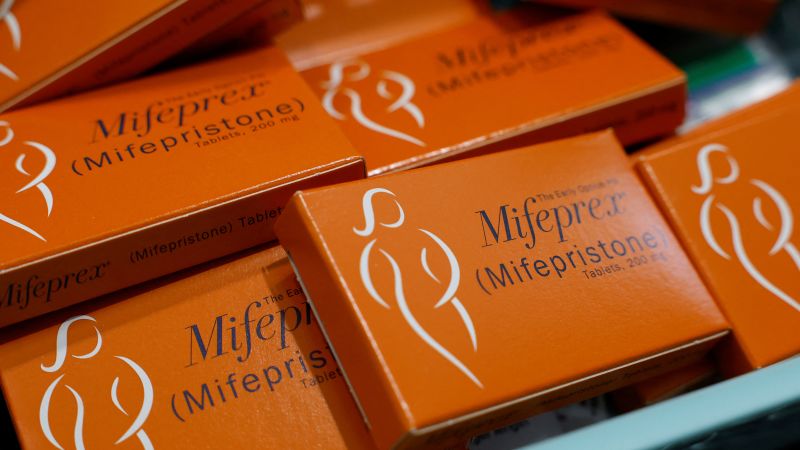
Supreme Court medication abortion case threatens ‘seismic shift’ in FDA drug approval process, experts warn
CNN
The FDA’s mandate has created a trusted drug approval process that could be upended by a case about the medication abortion drug mifepristone that’s being argued Tuesday in front of the US Supreme Court, experts say.
In 1937, a drugmaker called S.E. Massengill Co. came up with what seemed like an improvement on an effective medicine for sore throats: a liquid formulation that tasted like raspberry. The only problem: The new formulation of the drug, called sulfanilamide, used diethylene glycol, which is essentially poison. More than 100 people, many of them children, died after taking it. The company didn’t know that diethylene glycol would be so dangerous, but it hadn’t been required to run toxicity studies before releasing a new product, and so it hadn’t done so, according to a US Food and Drug Administration account of the disaster. The deaths led Congress the next year to pass the Federal Food, Drug and Cosmetic Act, which empowered the FDA to require drugs to be proven safe before they can be marketed. In 1962, Congress further expanded the FDA’s authority after the drug thalidomide was shown to cause severe birth defects — this time, to require that drugs be proven effective. That dual mandate, in place for more than 60 years, has created a trusted drug approval process that could be upended by a case about the medication abortion drug mifepristone that’s being argued Tuesday in front of the US Supreme Court, according to doctors, former FDA commissioners, legal scholars, and pharmaceutical industry executives and investors. “If the court ends up … ruling in any way in favor of the plaintiffs, it says that basically, anybody who may be ideologically opposed to medication approved by the FDA could try to go to court and overrule the scientific determination of the experts,” said Dr. Daniel Grossman, a professor at the University of California San Francisco and director of the university’s Advancing New Standards in Reproductive Health program.

The US Centers for Disease Control and Prevention has been tracking abortion trends for decades, but this year’s report — including some of the earliest federal data reflecting the effect of significant changes to abortion access nationwide – has been pushed back until spring amid turmoil at the federal agency.












